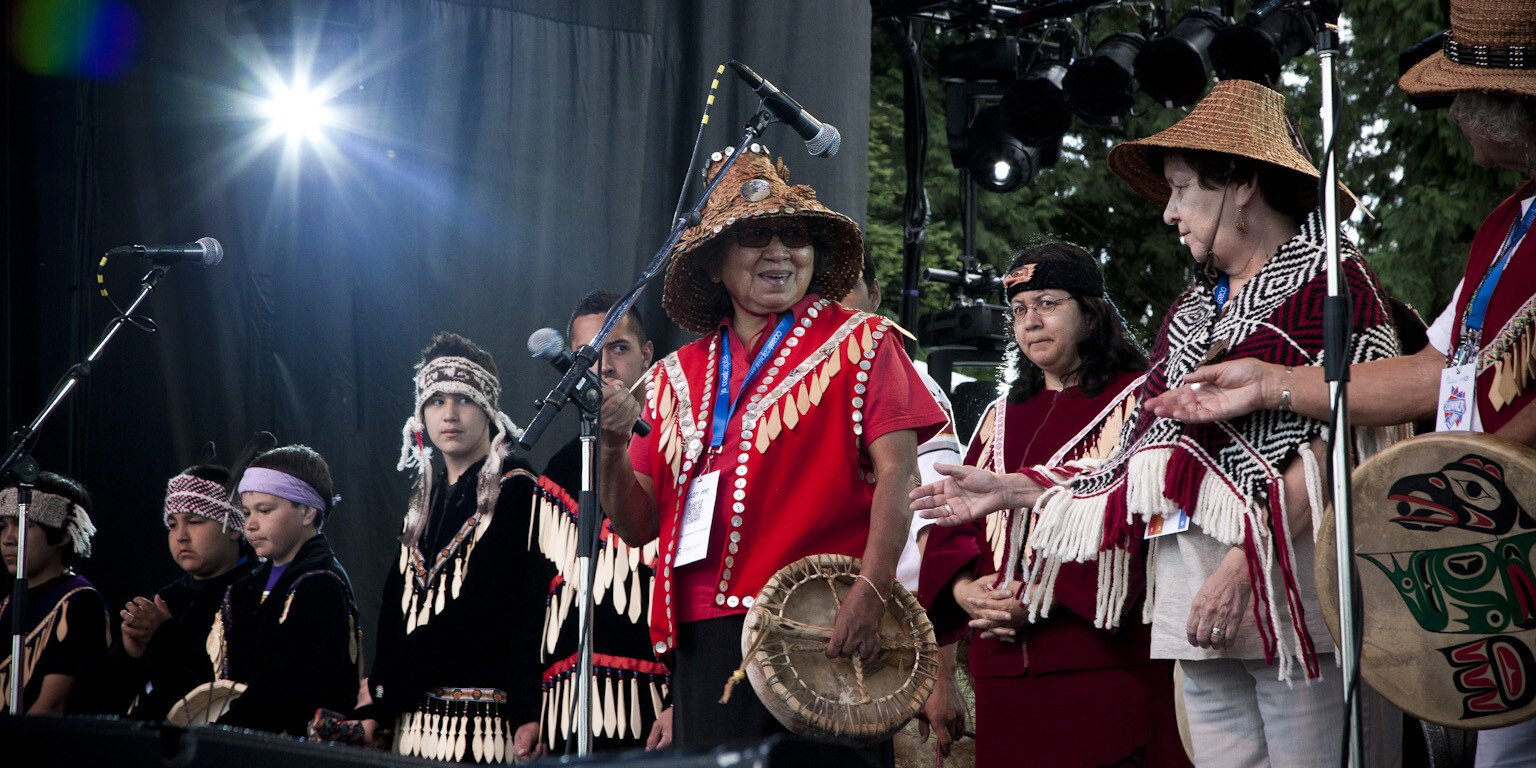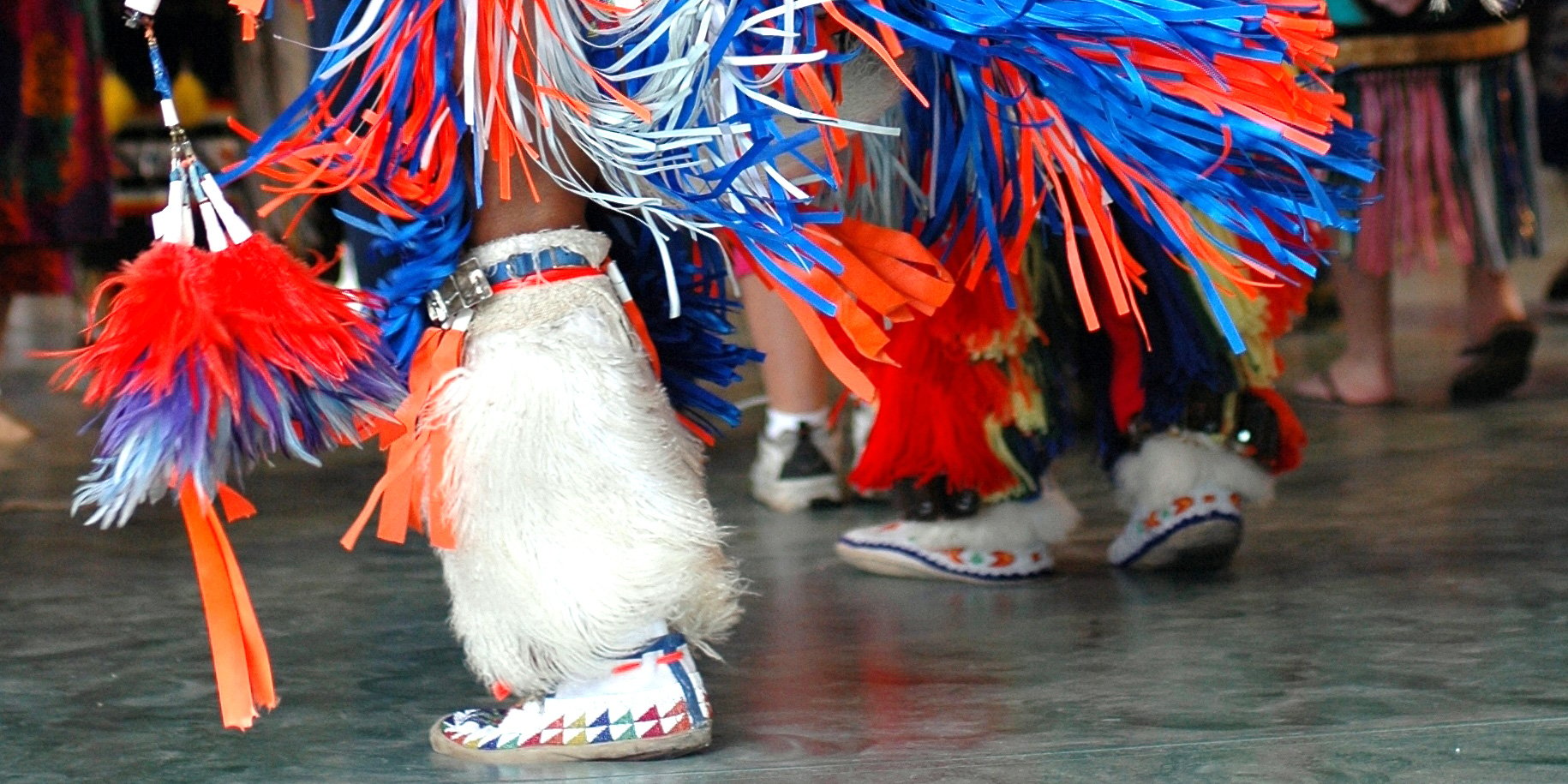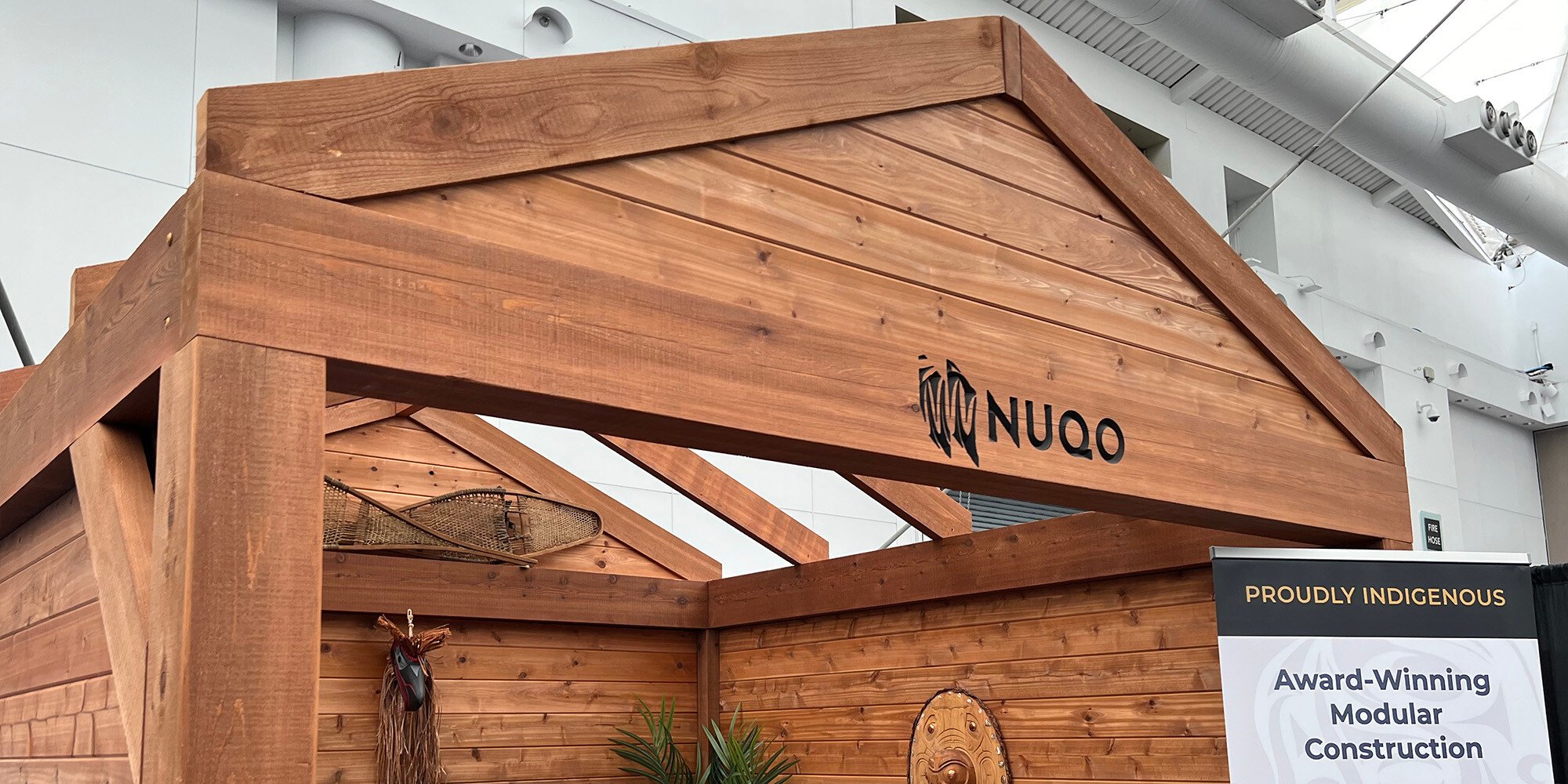Indigenous Peoples Are All the Same, Right?
A frequent misconception is that Indigenous Peoples are all the same in Canada but there is a clear diversity amongst Indigenous Peoples. Linguists...

December is typically a month in which many Canadians look for ways to provide some financial assistance to not-for-profit organizations that help certain groups of people. There is no shortage of these organizations and causes - some are so large and omnipresent, such as United Way, they are household names, others not so much.
According to Statistics Canada, in 2007 Canadians donated $10 billion dollars to charitable institutions. Yet little of this funding finds its way to Aboriginal communities, in spite of the obvious need and regardless of the responsibility that government, business and philanthropy share for the wellbeing of Aboriginal peoples and communities. [1]
When it comes to donating to Indigenous organizations, for many Canadians, there is a hesitation due to an underlying impression that the government, under treaty or other obligations, adequately funds all the needs of Indigenous Peoples. We hope to shed some light on this and to try to alleviate some of the hardship; especially when you consider headlines about the tragically high rate of teen suicides, a shocking statistic that 60% of on-reserve First Nation children live in poverty, or families who live in mouldy, overcrowded homes with unsafe water systems or ongoing disparities in educational outcomes for Indigenous students by encouraging people to donate to Indigenous focused charities.
Here are a few for consideration; these all have registered charity numbers - they provide tax receipts for donations received.
Reconciliation Canada actively provides programs and initiatives to inspire positive change in communities throughout Canada. Okay, this one requires a disclaimer - Reconciliation Canada was founded by my father, Chief Dr. Robert Joseph. In the interests of not finding a lump of coal in my stocking, I’ve listed this organization first, the others are in alphabetical order.
Canadian Roots Exchange builds bridges between Indigenous and non-Indigenous youth in Canada by facilitating dialogue and strengthening relationships through leadership programs. Here’s an article about the work this organization undertakes Canadian Roots Exchange Lets Young People Experience What It's Like To Live On A Reserve.
Food Banks Canada is a national organization that represents and supports food bank communities across Canada.
Indspire helps Indigenous students in Canada complete their post-secondary education for a successful future.
Inuit Tapirit Kanatami represents 60,000 Inuit, most of whom live in communities spread across Nunangat. Their work includes research, advocacy, public outreach and education on the issues affecting our population. They work closely with the four Inuit regions to present unified priorities in Ottawa.
Native Canadian Centre of Toronto is Toronto’s oldest Indigenous community organization and one of the original Friendship Centres in Canada, the NCCT provides social, recreational, cultural and spiritual services for the Indigenous community and visitors alike.
The Art For Aid Project was developed to collect new and gently used art supplies for remote Indigenous schools and communities. They use the sale of their unique spiritual and thought provoking art to raise money for shipping.
If you are engaged in consultation or are working with a particular community and would like to donate directly to a community initiative, you can do so. If you are concerned that private funding interferes with government funding, don’t be as it doesn’t. Private funding of initiatives in Indigenous communities, particularly remote communities, is sometimes the only way a community can provide something as basic as a community Christmas dinner.
Making a charitable donation that helps support Indigenous Peoples is just one of the many ways to walk together on the path to reconciliation.
[1] ABORIGINAL PHILANTHROPY IN CANADA: A Foundation for Understanding
[2] ibid
Do you have your copy of our free terminology ebook? If not, click the book cover icon to begin your download.
Want to learn more? From subject matter experts? Click the image below to learn about our courses, prices and if we'll be in a city near you.

A frequent misconception is that Indigenous Peoples are all the same in Canada but there is a clear diversity amongst Indigenous Peoples. Linguists...

June is National Indigenous History Month - a time for all Canadians - Indigenous, non-Indigenous and newcomers - to reflect upon and learn the...

In 2025, it will be a decade since the release of the Truth and Reconciliation Commission (TRC) Summary Report (June 2015) on the horrific...